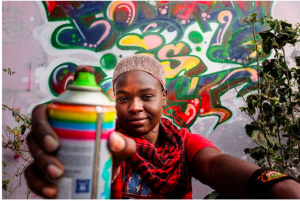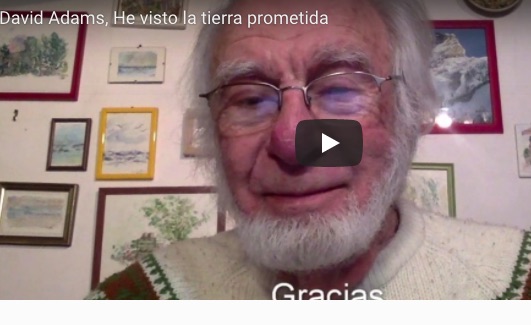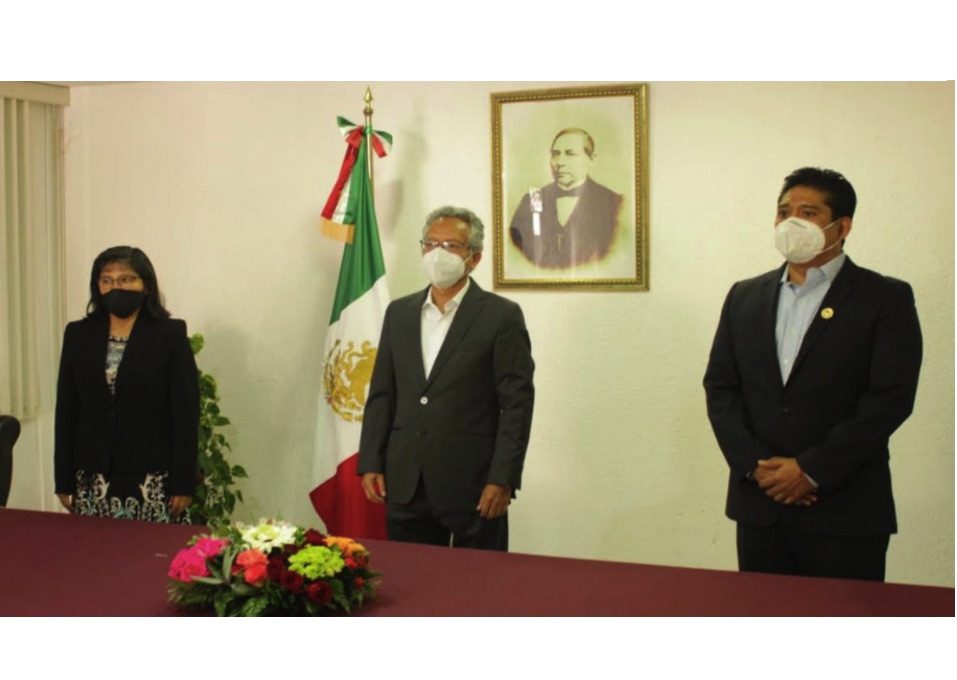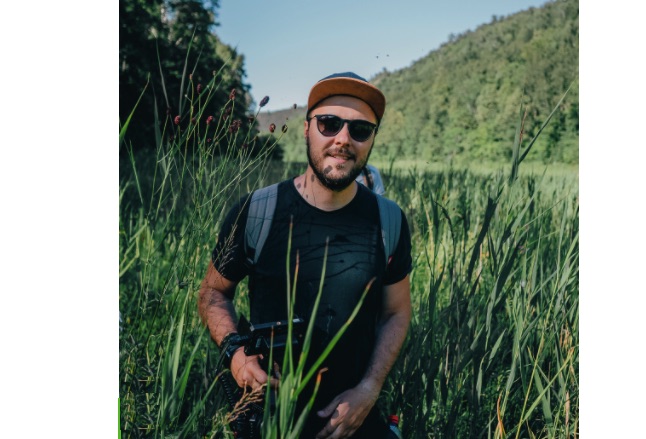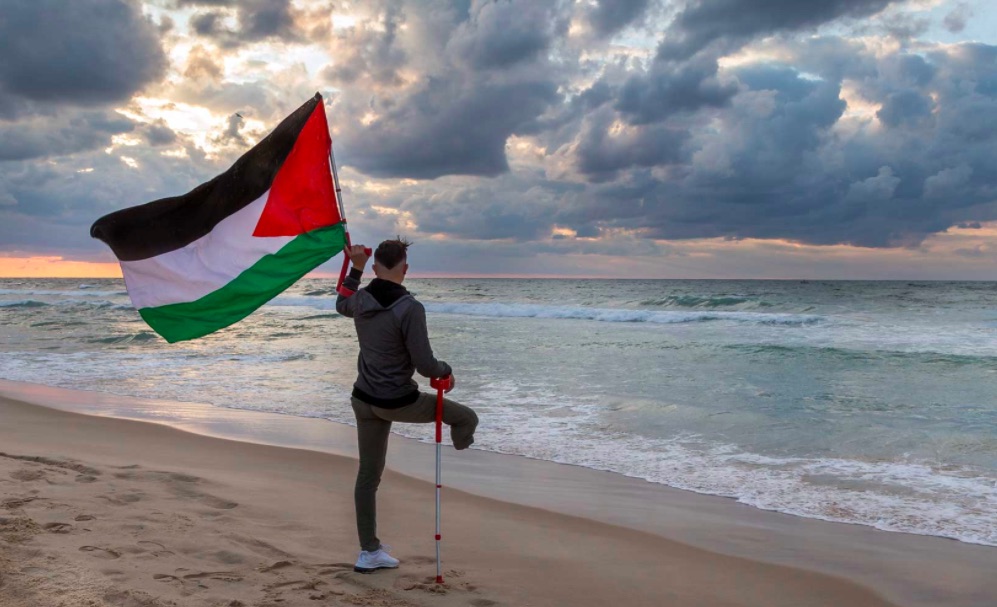TOLERANCE AND SOLIDARITY .
An article from the Inter Press Service of Cuba (translation by CPNN)
Although for adolescents the pandemic has closed schools, canceled projects and distanced them from their friends, a Cuban initiative is encourageing the creation of new ways to have fun together.
The initiative uses the potential of culture to identify and protect adolescents from acts of discrimination, abuse or violence, both in the domestic sphere and in digital spaces, according to a summary of the project.

Foto from UNICEF Cuba
It is also an opportunity for young participants to develop creative skills and enjoy free time in new ways.
This is the first edition of the virtual workshop “Living adolescence in times of covid-19: promoting good practices from culture as a protective environment”, held from June 15 to 26, with 30 adolescents living in the Cuban capital.
The initiative is led by the Caribbean island office of the United Nations Children’s Program (UNICEF), as part of the new Cooperation Program (2020-2024), between UNICEF and the Government of Cuba.
A team of specialists from the a + adolescent spaces Center , the University of Havana and the Enrique José Varona University of Pedagogical Sciences also participated .
It is aligned with the principle that “all children should be protected from violence and exploitation”, focused on preventing violence and strengthening the protective environments of adolescence with a focus on rights and equity.
According to the organizers, this experience constitutes a pioneering and innovative way of learning in the country and paves the way for reaching adolescents through the responsible use of technologies.
Complex stage
Adolescence is a very complex stage of life, due to the multiple physical, psychological and emotional changes that are experienced, which generate fears, anxieties, doubts and uncertainties.
(Article continued in right column)
(Click here for the original version in Spanish)
Question for discussion
How can we work together to overcome this medical and economic crisis?
As a consequence of the pandemic and the necessary physical and social distancing, this age group experiences more than others feelings such as loneliness and sadness, as they cannot share activities related to study, recreation and leisure with their peers, according to the specialists.
This can be especially heartbreaking for those who live in violent family environments or are more frequently exposed to the risks of digital scenarios, they warn.
“During this time I have seen my 13-year-old son, Adrián, at times anxious, irritable, not being able to go out to play with his friends and stay whole weeks at home,” said Yuriana Sáez, a resident of the city of Moa, in the eastern province of Holguín.
For her part, Tailenis Céspedes, a resident of Old Havana, stated that her 15-year-old daughter Adianet “has been fortunate to live with one of her cousins, which is why she is not so bored: otherwise, I imagine she would have been very depressed without someone her age to share with.
The experience
According to specialists added to the initiative, isolation reduces the chances of receiving professional advice and services from professionals.
For this reason, the workshop was implemented through the WhatsApp social network, an easy-to-use tool that is very popular with adolescents.
This allowed psychologists, sociologists, social communicators and artists to reach a group and encourage them to participate in processes that contribute to the promotion of their rights and the prevention of violence under the concept of culture as a protective environment.
At the same time, it provided them with tools to resolve doubts, socialize experiences and opinions, as well as obtain resources for better performance and self-protection in situations of discrimination, abuse or violence.
Due to limitations in connectivity, so far only 30 adolescents from the capital have participated in the experiment, but the objective is to benefit at least a hundred from different provinces of the country.
The aim is to facilitate the exchange with the teaching team, the study of support materials, the analysis of bibliographic and audiovisual materials and participation in debates.
Some of the participants acknowledge that they have increased their knowledge and tools to prevent domestic violence and violence on digital platforms.
The workshop has encouraged the use of various artistic expressions such as poetry, drawing, photography, song, and radio messages, among others.
Through these manifestations, the participants have reflected their views on the importance of culture to understand and transform attitudes, traditions, customs, behaviors and habits that hinder and negatively impact the normal development of childhood and adolescence.
It also increased their motivation to be part of a social movement that raises their voice, with the aim of ending all types of violence.
